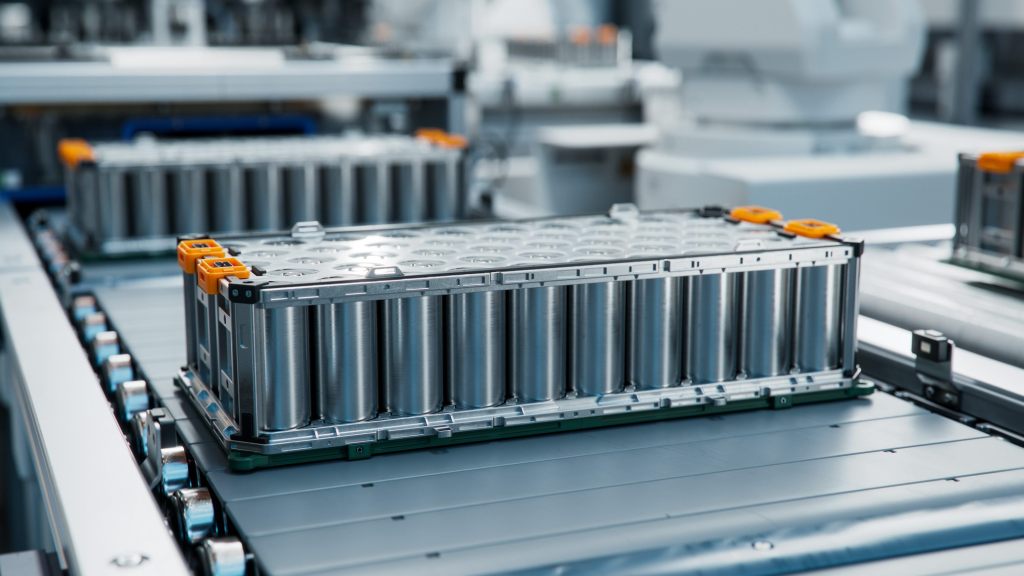In a significant move underscoring the robust confidence in the electric vehicle (EV) sector, Group14 Technologies has successfully closed a $463 million funding round. This substantial investment aims to enhance the company’s manufacturing capabilities, particularly in the production of silicon anode materials that are pivotal for next-generation lithium-ion batteries.
Group14 Technologies specializes in developing advanced silicon anode materials designed to significantly increase the energy storage capacity of lithium-ion batteries. Currently, the company operates three manufacturing facilities: two located in the United States and one in South Korea.
Despite recent discussions about a potential slowdown in EV demand growth, the global market for lithium-ion batteries remains robust. Projections indicate an annual growth rate exceeding 15% over the next decade, potentially quintupling the market’s current size. This optimistic outlook continues to attract substantial investments from automakers and venture capitalists eager to support technologies that enhance EV efficiency and affordability.
The recent funding round was led by SK, a prominent battery manufacturer, with additional participation from ATL, Lightrock, Microsoft, Porsche, and OMERS. In conjunction with this financial boost, Group14 announced the acquisition of full ownership of its joint venture with SK in South Korea, which includes the BAM 3 factory. Previously, SK held a 75% stake in this joint venture. When queried about whether the value of this acquisition was included in the Series D funding total, Group14’s spokesperson, Kristen Caron, stated that the company is not disclosing any additional details about the round.
Silicon has long been identified as a promising alternative to graphite, the traditional anode material in lithium-ion batteries, due to its capacity to hold up to ten times more electrons. However, pure silicon anodes face challenges related to structural integrity, as they tend to expand and contract during charge and discharge cycles, leading to material degradation.
To address these challenges, startups like Group14 and its competitor Sila have developed innovative structures that accommodate silicon’s expansion without compromising the anode’s overall stability. Group14’s approach involves creating a scaffold with internal voids that house the silicon, allowing it room to expand safely.
This advanced material can be blended with graphite or used as a complete replacement. Many companies opt for blending to leverage graphite’s inherent stability. However, increasing the silicon content enhances the energy storage capacity of individual cells. Group14 asserts that its material can improve energy density by up to 50% and reduce fast-charging times to under 10 minutes.
The substantial investment in Group14 reflects a broader trend in the industry, where companies are aggressively pursuing advancements in battery technology to meet the growing demands of the EV market. The focus on silicon anodes is particularly noteworthy, as they offer a pathway to more efficient and longer-lasting batteries, addressing some of the primary concerns of EV consumers.
In recent years, several startups have made significant strides in this area. For instance, Sila has been working on silicon anode technology and has secured partnerships with major automakers like Mercedes-Benz. Similarly, Ionobell is exploring the use of recycled silicon to enhance EV range, indicating a diverse range of approaches within the industry to tackle the challenges associated with silicon anodes.
The involvement of major players like Porsche in funding rounds for companies like Group14 and South 8 Technologies highlights the strategic importance of advanced battery materials in the automotive sector. Porsche’s investment in South 8, for example, aims to improve cold-weather performance of EVs, demonstrating a comprehensive approach to addressing various challenges in EV adoption.
As the EV market continues to evolve, the development and commercialization of advanced battery materials like those produced by Group14 will play a crucial role in shaping the future of transportation. The recent funding not only provides Group14 with the resources to scale its operations but also signals strong market confidence in the potential of silicon anode technology to revolutionize the EV industry.



